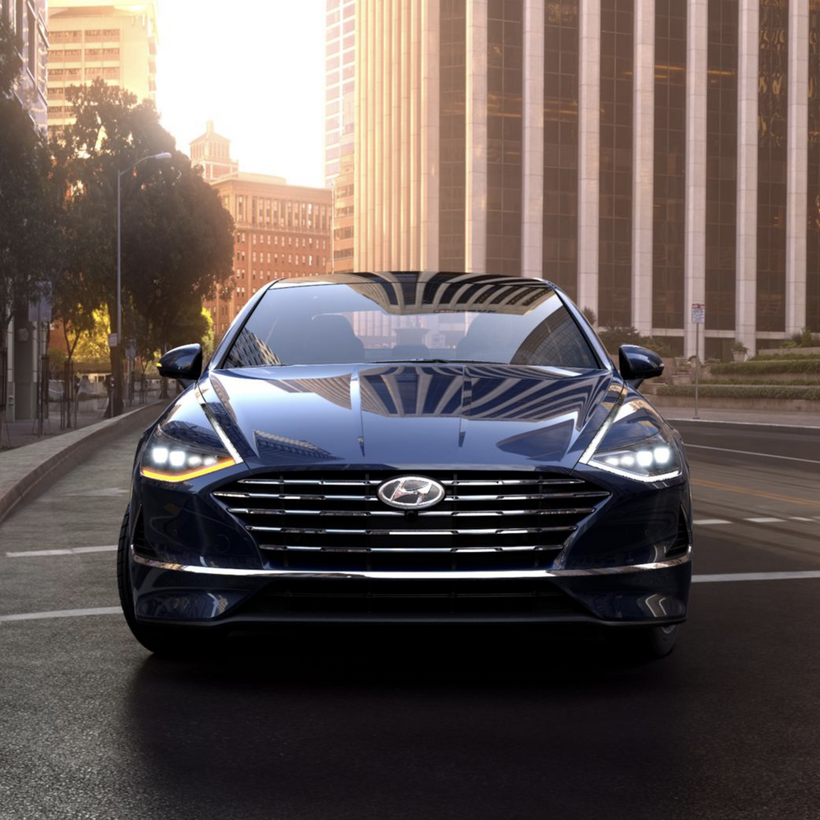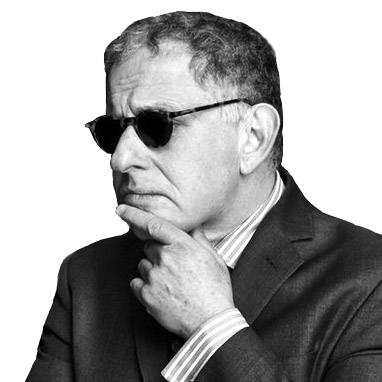I love Korean food, dug the 2020 Academy Awards’ best-picture winner, Parasite, and firmly believe K-pop’s A-O.K. I mean, it’s not my precise jam, but as an old music-business hand, how could I not admire the genre’s numbers? Ditto Netflix’s hit series Squid Game.
Yet, when I tell many of the people who ask me for car advice that they should strongly consider buying their next machine from Korea’s Hyundai Motor Group, I hasten to add that I’ve not been swept up by Hallyu, the bastardized Western version of the Chinese term for “Korean Wave,” which is used to describe the outsize success of television shows and other products of the Korean Peninsula’s booming culture factories. Nor am I a paid influencer. (Send requests for such service to me, care of this publication.)
No, my enthusiasm is grounded in a simple fact: one day some years back, I woke up and realized that the group’s cars (Hyundai, Kia, and the recent upscale entry, Genesis) had grown improbably good and were getting better with each passing year, representing outstanding value in their classes, equal or superior to almost anything else out there.
One day some years back, I woke up and realized that the group’s cars had grown improbably good and were getting better with each passing year.
Strong words, I know, but consider Kia’s very fine Optima sedan, the Telluride seven- or eight-seat S.U.V., or even its entry-level Rio subcompact. Each rings my bell in its own way: handsome, well built, feature-laden, and with interiors punching far above their price tags. Ditto Hyundai’s Sonata N-Line, a neat-handling, rapid (290 horsepower) sedan with all the luxury accoutrements you’d expect in a car costing double its $33,600 starting price.
And that’s before we get to the group’s soon-to-be-released electric cars, the attractive Hyundai Ioniq 5 and the related, only slightly less shapely Kia EV6. Both are worth consideration by the E.V. intender who doesn’t feel compelled to drive a Tesla and doesn’t want a crossover that looks like it was styled with an axe. The same holds true for the majestic Genesis models. If you like your luxury cars and S.U.V.’s stunning and luxurious but don’t care to pay up for German swagger, here are some very convincing alternatives. The Genesis Concept X, which has made the auto-show rounds, is beautiful in a way that most cars aren’t anymore.

Part of what makes writing these praiseful words so odd for a veteran industry-watcher is that they were not always true. When Hyundai arrived on American shores, in 1986, they made a splash with their humble $4,995 economy car. The Excel, their sole model at launch, derived from Japan’s Mitsubishi, benefited from the association and perceived Japanese levels of quality.

With more than 168,000 sold that first year, it was the most successful U.S. launch of any import in history, and Hyundai sales continued to soar. But build quality was more than a little sketchy, and by the early 90s sales began collapsing. Unlike some other notorious also-rans, though, the company got serious about making better cars, which they demonstrated in 1999 with the industry’s first 10-year, 100,000-mile warranty. Sales gains quickly followed. Together with Kia, acquired in 1998, and Genesis, launched in 2015, the Hyundai group will sell close to 1.5 million cars in the U.S. in 2021.
In this they were undoubtedly aided by the very deep pockets of their owners, whose loose conglomerate—known in Korea as a chaebol—has large additional holdings in steel, shipbuilding, construction, insurance, financial services, hotels, and more. In what seems peculiar even to an American familiar with his own country’s kid-glove treatment of white-collar criminals, the Hyundai Motor Group’s honorary chief executive and former C.E.O., Chung Mong-koo, billionaire son of company founder Chung Ju-yung, was indicted and convicted for fraud, illegal political donations, and embezzlement in 2007, yet received a presidential pardon that allowed him to return to his C.E.O. post.
If you like your luxury cars and S.U.V.’s stunning and luxurious but don’t care to pay up for German swagger, here are some very convincing alternatives.
During Chung the younger’s tenure, the group has risen to its current standing as the world’s third-largest car-maker, one that endeavors to field a full model lineup, with not just copious S.U.V.’s on offer but passenger cars and minivans, too. This at a time when so many American car-makers have retreated to their profitable sweet spots, building naught but light trucks and sport utility vehicles.
Right or wrong, the behaviors of its former chief executive may be of a piece with the company’s no-holds-barred effort to will itself into the top tier of international automakers. Aside from the consistently high quality of materials and careful assembly from its Korean and American factories (Hyundai in Alabama, and Kia in Georgia), the Hyundai group has treated the styling and driving dynamics of its vehicles with utmost care, notably hiring Peter Schreyer, a veteran of Germany’s Audi, to oversee the design direction for its brands. Father of the Ingolstadt firm’s seminal TT model, he contributed significantly to Audi’s operating-table resuscitation after an infamous 1980s runaway-acceleration scandal left it near dead.

When it comes to style, among mass-market manufacturers, the Korean brands today have the jump on just about everyone. Beauty being only skin deep, Hyundai also poached executives from BMW’s M Division to run its research-and-development department and in-house performance division. The thinking is clear enough: Why not go with the pros?
Deal or No Deal?
Closer to home, the group’s U.S. dealers are plentiful if not always the most dependable, a legacy of the company’s comparatively hardscrabble beginnings, when those willing to take a chance on selling an unknown Korean brand were not typically the most upstanding citizens. The company is said to be working on this. In the meantime, choose your dealer wisely.
Today, the Hyundai group’s cost-is-no-object mindset is on stylish display at the opulent and recently opened Genesis House, directly abutting the High Line in New York City’s Meatpacking District and across 10th Avenue from the Little Island park on the Hudson. A vast but subtle “showroom” on the ground floor greets you upon entry, while a large “cellar stage” one floor down anticipates future car launches and live performances. Perhaps most impressively, a wood-infused second floor features a handsome restaurant curated by Onjium, a Michelin-starred restaurant from Seoul, with adjacent reading room, tearoom, “scholar’s room,” and an outdoor garden.
You might want to stop through even if you’re not in the market for a car. The vast space’s warm vibe, attention to finish and detail—not to mention location—easily best the humorously nearby Tesla and Lucid showrooms, Mercedes Benz’s recently closed EQ (electric car) pop-up, and Lexus’s Intersect restaurant (which also just shuttered for good).
Even though it’s closed on Mondays, Genesis House says it all. Seven days a week, Hyundai Motor Group has come to play.
Jamie Kitman is a Car Columnist for AIR MAIL


